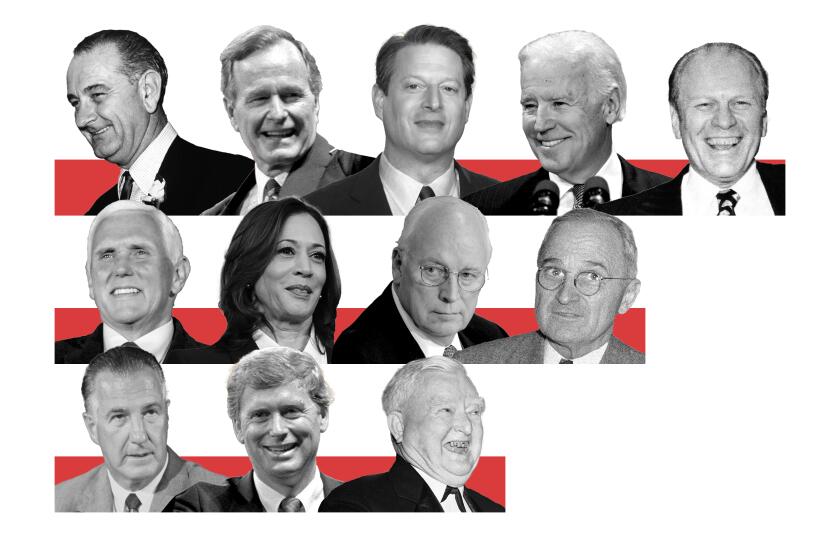Marshall was fundamentally a conservative, a democrat intolerant of arbitrary acts of government.
Most of us associate Thurgood Marshall with the long struggle for rights for African-Americans--with his two decades of leadership of the NAACP Legal Defense Fund, his victories against restrictive covenants in housing and school segregation, especially his great victory of advocacy in Brown vs. Board of Education in 1954. But it is a mistake to think of him, on or off the Supreme Court, in such a narrow framework.
Marshall’s focus has always been far more inclusive than African-Americans. His concern is with all people who do not enjoy the full benefits of a free society. His commitment has consistently been to the common man or woman; to the belief that government and society must permit each individual to achieve to the limits of his or her intellectual and creative ability; to the elimination of artificial barriers of bias, prejudice, arbitrary authority or paternalism; to the proposition that the ordinary person, whatever his or her color or sex, needs the protection of law.
History will remember Marshall more for his years of advocacy than his years as a Supreme Court justice. His is a career built more on passion than intellect, though intellect and eloquence he possesses in abundance. He will be thought of as a “liberal” by those who assign labels. Yet, fundamentally, he is in his passion for the individual a conservative, a democrat who cannot tolerate the arbitrary acts of governmental bureaucracy in its unconcern for individual rights. Most of all, he is and always has been, on and off the bench, the advocate of ordinary people.
Consider these words from a dissent and ask who else could have written them: “It may be easy for some people to think that weekly savings of less than $2 are no burden. But no one who has had close contact with poor people can fail to understand how close to the margin of survival many of them are. A sudden illness, for example, may destroy whatever savings they may have accumulated, and by eliminating a sense of security may destroy the incentive to save in the future. A pack or two of cigarettes may be, for them, not a routine purchase but a luxury indulged in only rarely. The desperately poor almost never go to see a movie, which the majority seems to believe is an almost weekly activity. They have more important things to do with what little money they have. . . .
“It is perfectly proper for judges to disagree about what the Constitution requires. But it is disgraceful for an interpretation of the Constitution to be premised upon unfounded assumptions about how people live.”
And consider, too, this view of the Constitution written in its bicentennial year: “The true miracle was not the birth of the Constitution, but its life, a life nurtured through two turbulent centuries of our own making, and a life embodying much good fortune that was not.”
Marshall’s era was marked by the removal of barriers unconstitutionally built on racial bias, of the expansion of fights for all individuals irrespective of race or sex. Now the pendulum swings away from individual rights toward more deference to governmental authority.
Whether writing for the court majority or in dissent, his is a voice that all of us, liberal or conservative, should miss.
More to Read
Get the L.A. Times Politics newsletter
Deeply reported insights into legislation, politics and policy from Sacramento, Washington and beyond. In your inbox three times per week.
You may occasionally receive promotional content from the Los Angeles Times.





